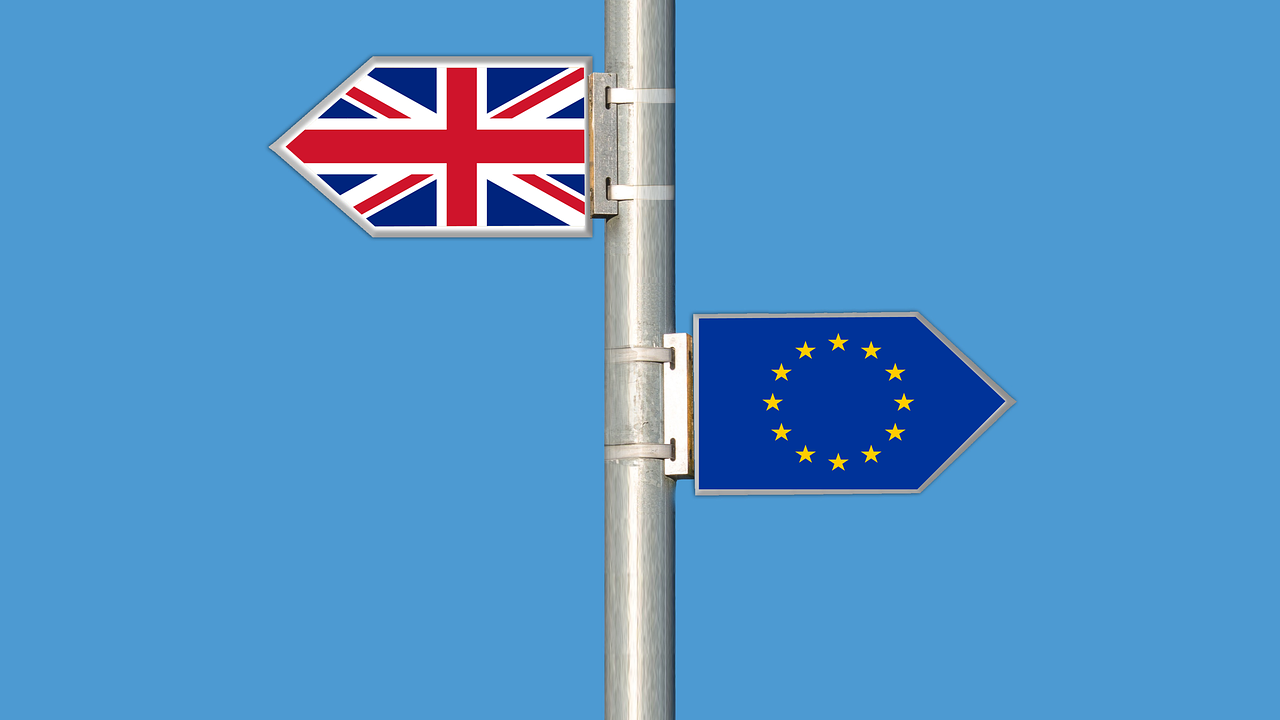Over three years after the British people voted by a narrow majority to “leave,” the country will finally exit the European Union (EU) at 11 pm on January 31, Friday. The UK will enter a 11-month-long transition period where it will gradually negotiate the details of future relations with the EU.
The day will mark an end to a dramatic phase in the country’s history which has caused stark and enduring divisions between the ‘Leave’ and ‘Remain’ sections and led to three elections and the fall of two prime ministers.
The British members of the European parliament were given a farewell yesterday. Tonight, prime minister Boris Johnson will officially announce the end of its membership.
The UK became a member of the European Economic Communities in 1973. It was one of the few countries which did not join the Schengen treaty of 1985 and Euro regime in 1999. The UK’s departure will lead to greater restrictions on immigration from European countries. This was one of the major demands of the pro-Brexit groups in the country that conducted a virulent campaign blaming the shortage of jobs on immigrants in Europe. The Brexit campaign also claimed that there was a lack of accountability and erosion of national sovereignty under the EU.
The UK will become the first country to leave the union since it was first conceptualized in 1952. It was the second largest economy in the group after Germany.
In June 2016, a referendum was held by the Conservative prime minister David Cameroon to decide whether the UK should stay or leave the Union after years of campaign by the Conservatives and some sections of the left who criticized the EU from very different perspectives.
After a narrow victory of the Leave vote, Cameroon, who had opposed the Brexit resigned. After she failed to get approval of the parliament for her exit deal with the EU, his successor Theresa May too resigned last year. Boris Johnson had promised during his election campaign that if he wins, the UK would leave the EU by the end of January 2020.
Leaders such as Johnson and Nigel Farage of the UK Independent Party (UKIP) and later of the “Brexit Party” were among the strongest supporters of the Brexit. The opposition Labour party, after suffering deep internal churning over the issue, demanded a second referendum under Jeremy Corbyn. However, the matter was settled after the parliamentary election in December last year which gave a full majority to Johnson.
A majority of the voters in Northern Ireland and in Scotland remain opposed to the move, while the Scottish National Party is demanding a second referendum for separation from the country. A large number of workers and employees in the National Health Scheme have expressed apprehensions about their future in the light of talks of privatization.





